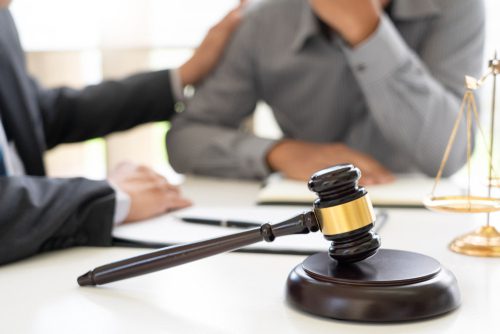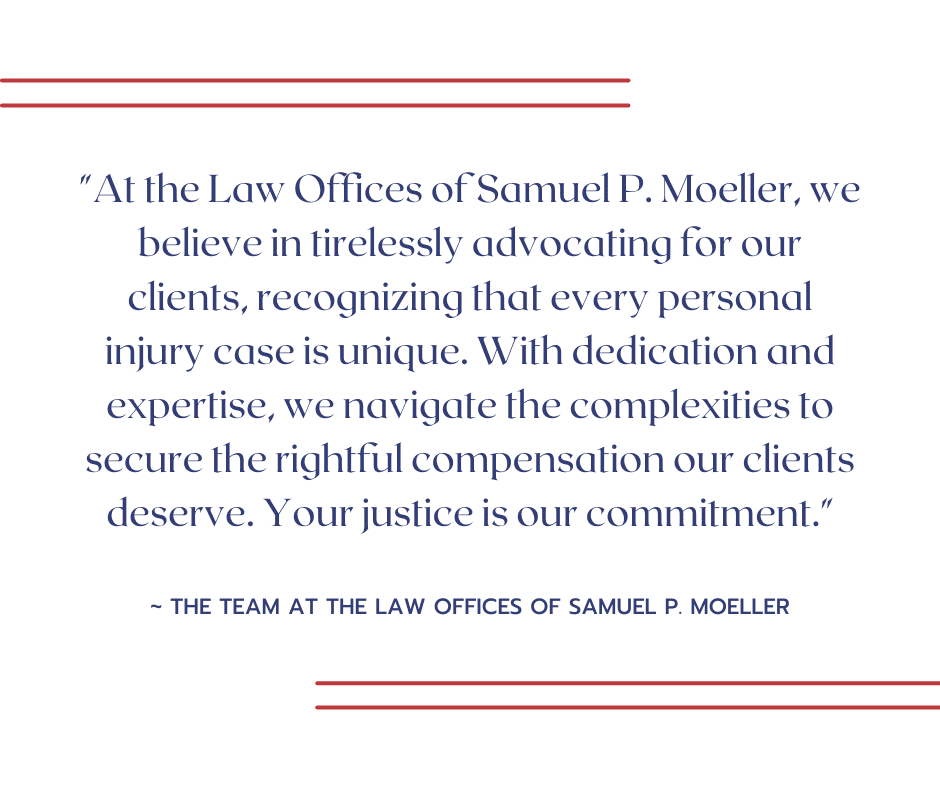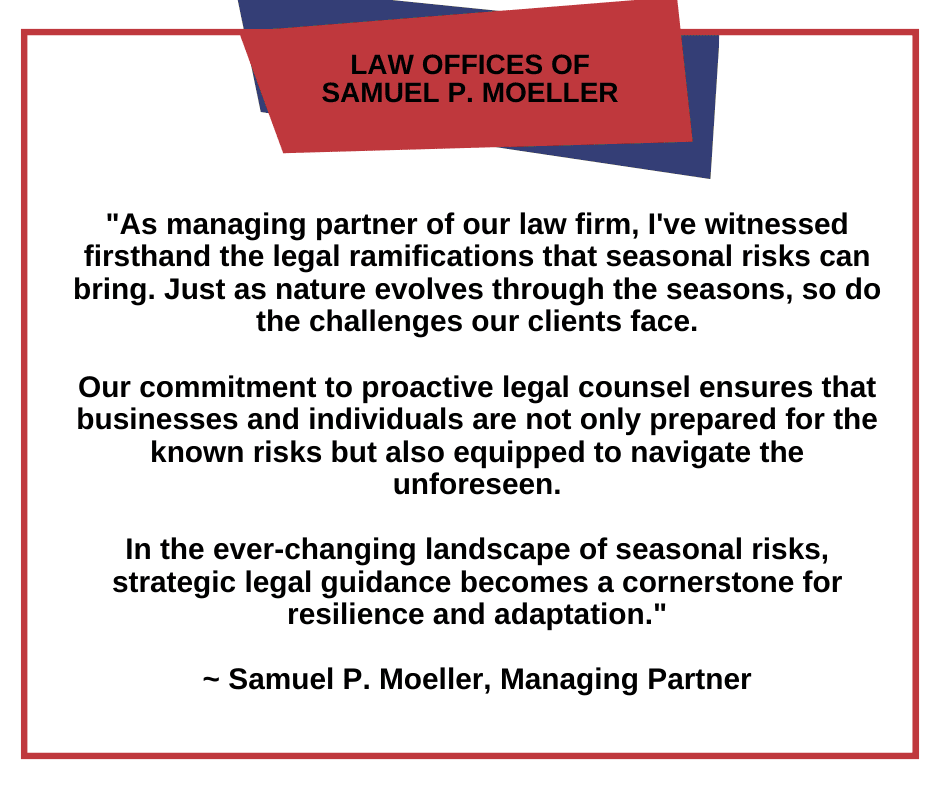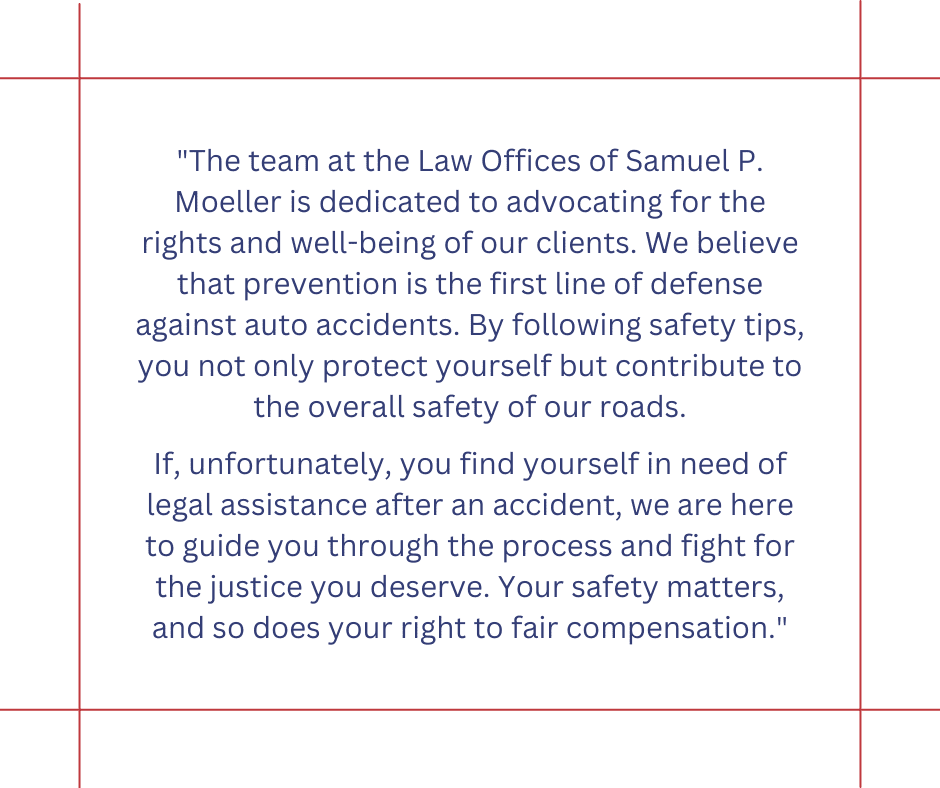Losing a cherished family member is an ordeal no one should endure. When that loss is the consequence of another party’s negligence or wrongdoing, the grief can be compounded by a profound sense of injustice. In such circumstances, pursuing a wrongful death claim becomes a crucial step towards holding responsible parties accountable and finding a semblance of closure for the grieving family. In this article, we’ll delve into the legal journey involved in pursuing a wrongful death claim.
Defining Wrongful Death
Before diving into the legal complexities, it’s crucial to understand the concept of wrongful death. Wrongful death transpires when an individual’s death is caused by the negligent, reckless, or intentionally harmful actions of another individual or entity. This encompasses a broad spectrum of scenarios, including but not limited to car accidents caused by intoxicated driving, defective products, workplace mishaps, or criminal acts.
Eligibility to File a Wrongful Death Claim
In the United States, wrongful death claims are governed by state laws, which dictate who is eligible to file such claims. Typically, the following parties may have the right to file a wrongful death claim:
- Immediate Family Members: Spouses, children, and parents are usually the primary beneficiaries entitled to file a wrongful death claim. Some states may extend this right to siblings or other dependents.
- Estate Representative: In cases where the deceased lacks immediate family members, or they are unable or unwilling to pursue a claim, the personal representative of the deceased’s estate can file on behalf of the estate and its beneficiaries.
The Legal Process Unveiled
- Investigation: The initial step in pursuing a wrongful death claim involves conducting a meticulous investigation to gather evidence establishing liability. This may entail obtaining police reports, medical records, witness statements, and expert opinions to construct a compelling case.
- Initiating the Claim: Following the accumulation of sufficient evidence, the subsequent step is to lodge a wrongful death lawsuit in civil court. This typically entails drafting a complaint delineating the specifics of the wrongful death, the defendant’s negligence or misconduct, and the damages sought.
- Discovery: During the discovery phase, both parties engage in exchanging evidence and pertinent information. This could include depositions, interrogatories, and requests for documents.
- Negotiating Settlements: In numerous instances, the involved parties may endeavor to reach a settlement through negotiations, mediation, or arbitration. If an equitable settlement proves elusive, the case proceeds to trial.
- Trial: In a trial, it is imperative that both parties confidently and convincingly present their arguments and evidence to a judge and/or jury. Subsequently, the jury deliberates to determine whether the defendant bears liability for the wrongful death and, if so, the quantum of damages to be awarded.
Recoverable Damages
When a loved one passes away as a result of the actions of another party, it’s important to know that wrongful death claims can provide compensation for various losses suffered by surviving family members, including:
- Medical Expenses: Covering any medical costs incurred as a result of the deceased’s final injury or illness.
- Funeral and Burial Costs: Compensating for costs linked to the funeral, interment, or cremation of the deceased.
- Loss of Income: Compensating for the income the deceased would have earned had they survived.
- Loss of Consortium: Addressing the loss of companionship, guidance, and support experienced by surviving family members.
- Pain and Suffering: Providing compensation for the physical and emotional anguish endured by the deceased prior to their demise.
Conclusion
Wrongful death claims epitomize intricate legal proceedings that necessitate adept navigation and expert legal counsel. Although monetary compensation cannot completely alleviate the anguish of losing a loved one, seeking a wrongful death claim can offer a degree of justice and financial security to surviving family members. When pursuing a wrongful death claim, it’s crucial to seek guidance from a knowledgeable attorney who can steer you through the process and advocate for the restitution you deserve.

[forminator_form id=”169″]



